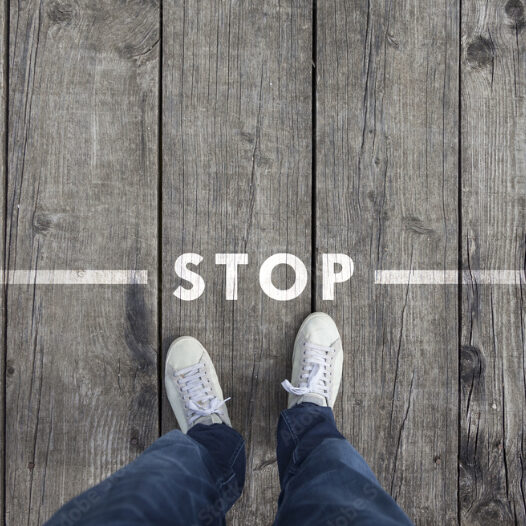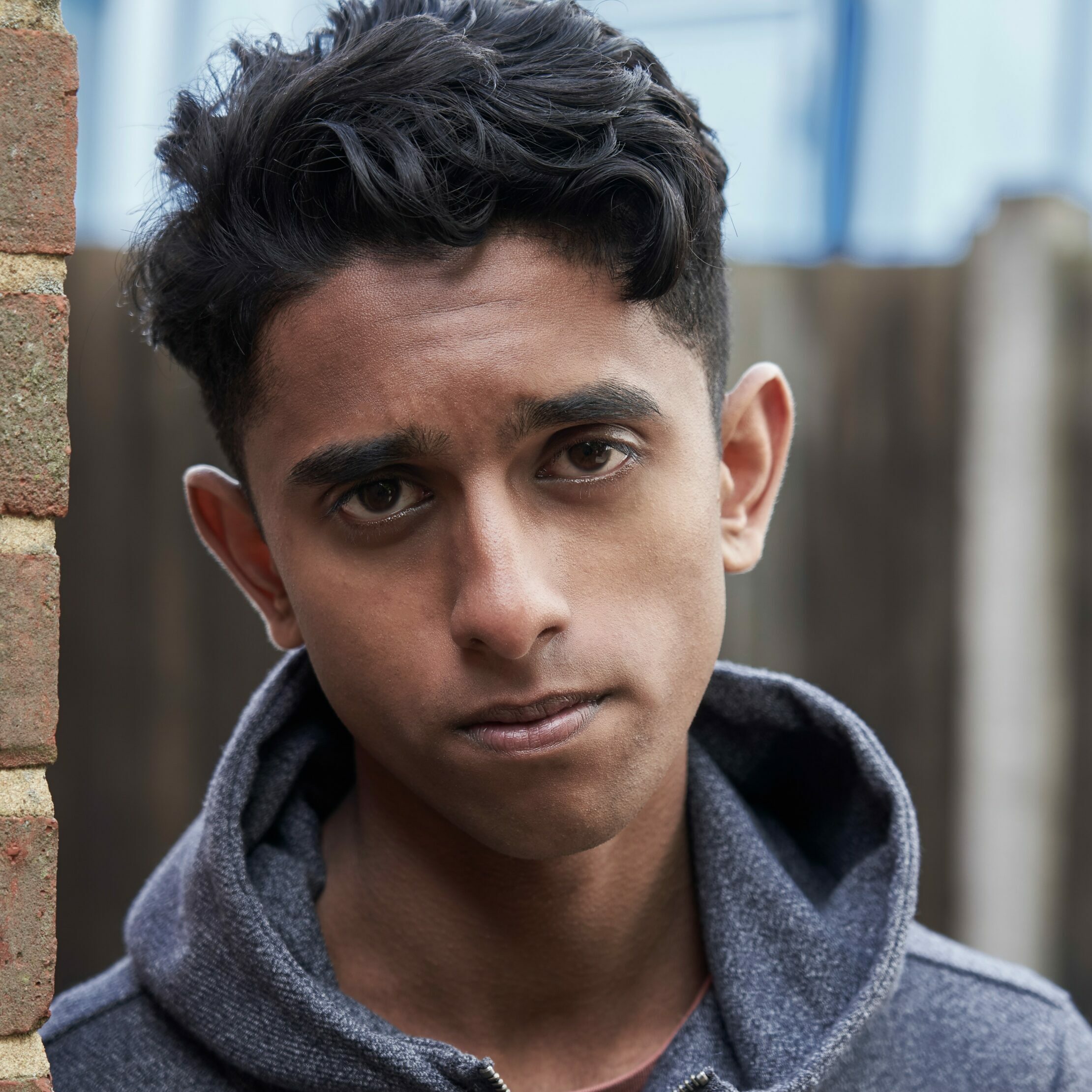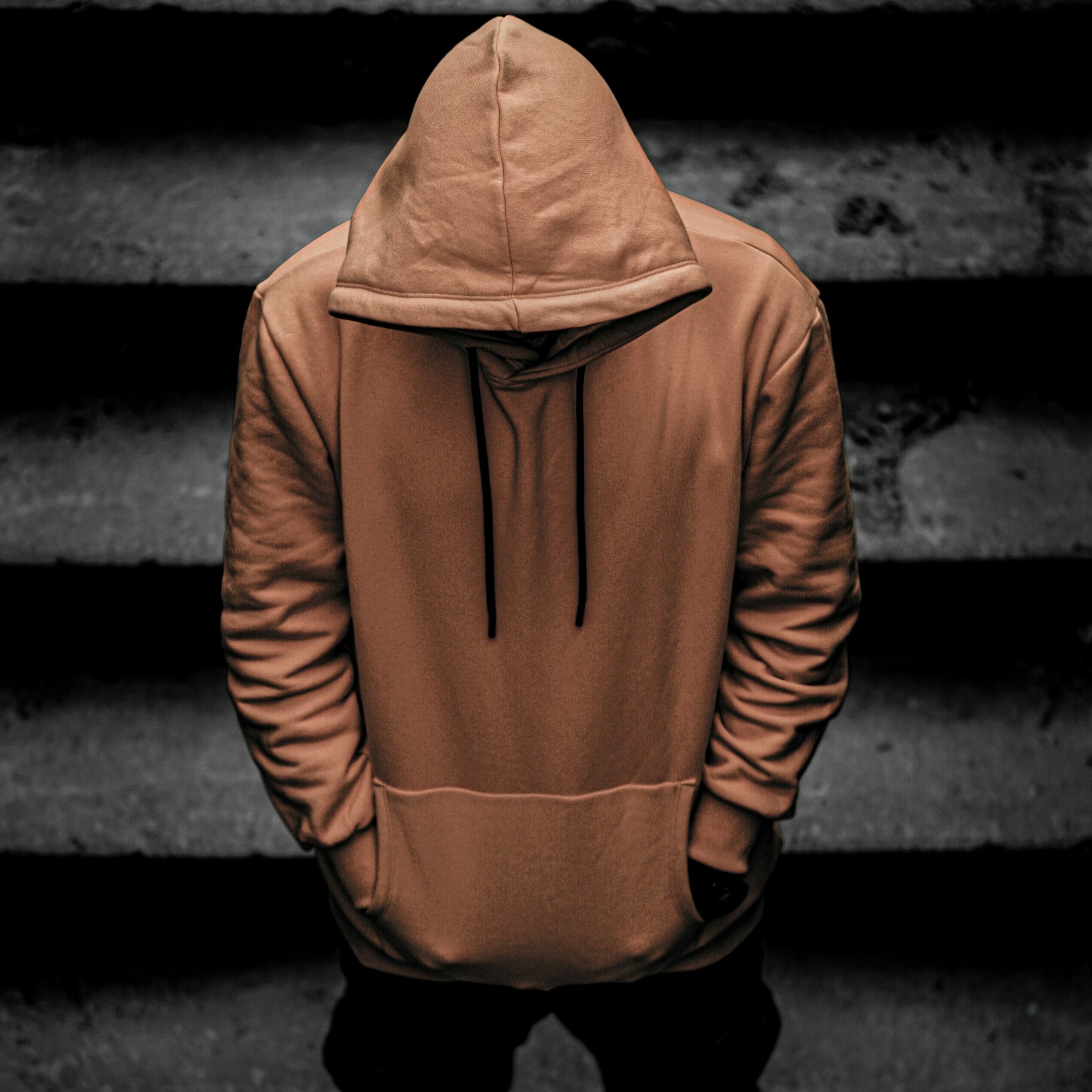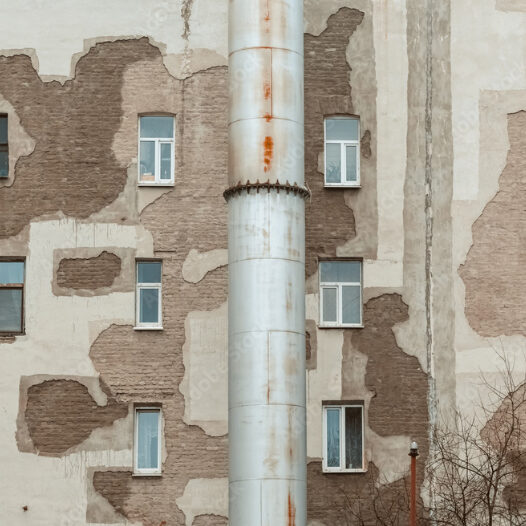Modern slavery is real and happening all around us. The good news is you can play a part in stamping out exploitation by learning to spot the signs.
Here are the most common signs of modern slavery and exploitation – starting with general signs and then detailing signs of:

They’re rarely allowed to travel on their own
Appear to be under the control of others
Tend not to interact with other people
Seem unfamiliar with their neighbourhood or where they work
Have relationships which don’t seem right – for example, a young teenager appearing to be the boyfriend/girlfriend of a much older adult.

They don’t have documents that would allow them to travel – passports, ID, etc.
Limited opportunities to move freely
Few personal possessions
Wear the same clothes day-in day-out.

Avoiding eye contact
Appearing frightened, or hesitant to talk to strangers
Fear of law enforcers
Fear of deportation
Unsure who to trust or where to get help
Fear of violence to them or their family.

Signs of physical or psychological abuse, such as untreated injuries, anxiety, agitation, or appearing to be withdrawn and neglected
They look malnourished or unkempt
Wear clothes that are unsuitable for their work.

They’re living in dirty, cramped or overcrowded accommodation
Working and living at the same address.

They’re always be dropped off at/ collected from work; and very early in the morning or late at night
Children dropped off/ picked up in private cars or taxis at unusual times and in places where it isn’t clear why they’d be there.
The following could indicate someone is being exploited for their labour:
Signs of psychological or physical abuse
Appearing frightened, withdrawn or confused
They appear to not be free to move and/or are always accompanied
They’re transported to and from work, perhaps with a number of people in one vehicle
Lack protective equipment, suitable clothing or training to safely do their job
Lack access to their own documents, such as ID or passport; an employer may have confiscated them
Working unusually long hours.
They do not have a contract, are paid less than the National Minimum Wage, or not paid at all
Forced to stay in accommodation provided by their employer; this may be overcrowded
Afraid to accept money or payment
Their legitimate wages may be taken by an exploiter who is outside of the business or work place
They may appear scared or intimidated
Appearing frightened, withdrawn or confused
They’re closely guarded
"Branded" with a tattoo indicating ownership
Signs of physical abuse, including bruising, scarring and cigarette burns
Are unable to keep payment and have restricted or no access to their earnings
Have limited English vocabulary, restricted to sexualised words
Male visitors call day and night and who only stay for a short time
There are signs of sexual activity, such as cards and advertisements nearby
A number of female foreign nationals living at the same address
Sleeping at the premises where they work could indicate a brothel is operating.
The following could indicate someone is
being exploited sexually:
The following could mean someone is in domestic servitude:
They’re held in their employer’s home and forced to carry out domestic tasks such as child care, cooking and cleaning
Unable to leave the house on their own; their movements are monitored
Work unusually long hours
Don’t have access to their own belongings, including things like ID or mobile phone, which can isolate them
Employer is physically and/or verbally abusive
They rarely interact with the family they work for
Deprived of their own living space, food, water or medical care
Stand out from other family members, for example because they wear poorer-quality clothes.
The following could indicate people who are being criminally exploited:
A large group of adult or child beggars being moved daily to different locations but returned to the same one at night could indicate forced begging
Being transported to or from the scene of a crime, including shoplifting, pick-pocketing or forced begging
Not benefiting from money or items obtained through crimes they’ve been forced to commit
Being forced to cultivate cannabis; their freedom of movement may be restricted, including being locked in a room; commonly they don’t speak English, or have limited vocabulary
Being forced or manipulated out of their home by drug dealers, who use the home as a base to sell drugs
Some young people are forced to carry and sell drugs across county borders.
The following could indicate a child is being exploited:
Mood swings, including being angry, upset or withdrawn
Inappropriate sexual behaviour
Dressing inappropriately for their age
Going missing at night or weekends and not being clear about their whereabouts
Failing to attend school
Having gifts, presents or expensive items which they can’t explain.
If you suspect someone is a victim of exploitation:
Report via the Unseen app
Call the Modern Slavery & Exploitation Helpline free on 08000 121 700. We're open 24/7 and totally confidential.
Fill out our online form

• Registered charity number 1127620
• Unseen UK is a registered charitable company limited by guarantee in England and Wales
• Registered company number 06754171
© Copyright 2021 Unseen UK
| Cookie | Duration | Description |
|---|---|---|
| cookielawinfo-checkbox-analytics | 11 months | This cookie is set by GDPR Cookie Consent plugin. The cookie is used to store the user consent for the cookies in the category "Analytics". |
| cookielawinfo-checkbox-functional | 11 months | The cookie is set by GDPR cookie consent to record the user consent for the cookies in the category "Functional". |
| cookielawinfo-checkbox-necessary | 11 months | This cookie is set by GDPR Cookie Consent plugin. The cookies is used to store the user consent for the cookies in the category "Necessary". |
| cookielawinfo-checkbox-others | 11 months | This cookie is set by GDPR Cookie Consent plugin. The cookie is used to store the user consent for the cookies in the category "Other. |
| cookielawinfo-checkbox-performance | 11 months | This cookie is set by GDPR Cookie Consent plugin. The cookie is used to store the user consent for the cookies in the category "Performance". |
| viewed_cookie_policy | 11 months | The cookie is set by the GDPR Cookie Consent plugin and is used to store whether or not user has consented to the use of cookies. It does not store any personal data. |
As I came to understand more about the issue, including through a visit to an Unseen safehouse, I knew I needed to do more to stop this abuse and exploitation.
For the last five years of my Civil Service career, I was the Modern Slavery Senior Policy Advisor in the Home Office and led on development of the Modern Slavery Act, including the transparency in supply chains provision and business guidance.
I joined Unseen to lead the development of the Modern Slavery & Exploitation Helpline, and Unseen’s work with businesses. I am regularly called upon to present at national and international conferences and use my experience of working with Ministers to influence other governments internationally to take action to address modern slavery and, in particular, business supply chain issues.
In my spare time I enjoy keeping fit, music, reading and travelling.
What ultimately compelled me to act was a report on how people from Eastern Europe were being trafficked through Bristol airport to the USA. Kate Garbers, who went on to be an Unseen Director, and I wrote to all the city councillors, MPs and the Police Chief Constable challenging them on the issue. The challenge came back to us: this city needs safe housing for trafficked women. And so Unseen began.
But we never wanted Unseen to be just about safe housing. We wanted to end slavery once and for all, and that remains our driving focus.
I chaired the working group for the Centre for Social Justice’s landmark report “It Happens Here: Equipping the United Kingdom to Fight Modern Slavery”. This is now acknowledged as the catalyst behind the UK’s Modern Slavery Act of 2015. It was a great honour to be awarded an OBE in the Queen’s Birthday Honours that year. On the other hand, I’ve also been described as “the loveliest disrupter you could ever hope to meet”.
This job has taken me from building flat-pack furniture for safehouses, to working with businesses to address slavery in supply chains, to delivering training, raising awareness and advising governments around the world.
When not at work, I enjoy travelling, spending time with my dog Harley, cooking, supporting Liverpool and Yorkshire CC, music (I’m a former DJ) and endurance events such as the Three Peaks Challenge and Tribe Freedom Runs – which I vow never to do again. Until the next time.